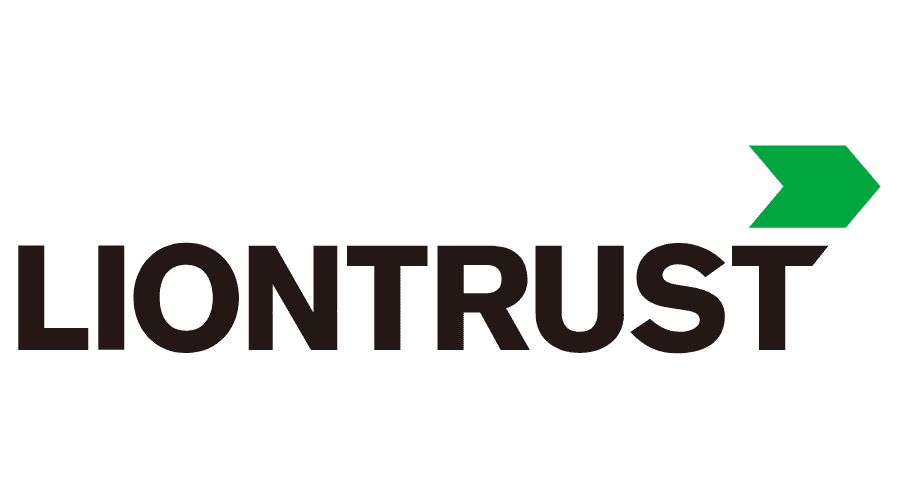Past performance is not a guide to future performance. The value of an investment and the income generated from it can fall as well as rise and is not guaranteed. You may get back less than you originally invested.
Investors have shown little appetite for UK equities in recent years as the economy has undergone a series of challenges – yet could the tide be about to turn?
UK equities have broadly underperformed global equities in recent years, while the political turbulence and economic upheaval since Brexit have led many to question the UK’s once strong reputation as a home for investment. Unsurprisingly, many investors regard the struggling UK economy as bad news for shares in British businesses.
Many longstanding British businesses have suffered from a combination of the global financial crisis (GFC), Brexit, Covid and legacy issues, which have impacted their performance.
A UK renaissance
Critics of the UK market as a place to invest have pointed to low productivity levels in the UK compared to many other countries such as the US, Germany and France, and a lack of innovation.
Yet James de Uphaugh, fund manager of the Edinburgh Investment Trust, which invests in a concentrated set of UK companies that he believes offer long-term value, thinks we may be “in the foothills of a renaissance of UK equities”.
UK equities as a class have recently seen an improvement in performance, with the FTSE 100 hitting a record high this month (February). The index also outperformed many of its international peers in 2022. Yet many UK stocks still look undervalued due to continued negative sentiment. This offers investors the opportunity to benefit from discounted shares. This discount varies across sectors: Liontrust’s stock-driven research is unearthing fundamentally mispriced opportunities that should underpin future returns. Meanwhile, this relative cheapness of UK equities versus markets such as the US makes many companies potential take-over targets – to follow the several takeovers of recent years – which could boost share prices further.
More UK companies are adopting innovation
De Uphaugh points to a growing adoption of innovation by otherwise traditional UK companies, driving growth in sectors from financial services to retail, and a widespread investment in technology across many long-established businesses. This, he argues, is already improving productivity levels and brightening the prospects of those firms.
He says: “One question that often crops up when we lay out the case for UK equities is that UK productivity has lagged every other major country since the GFC – so something must be awry.
“However, measures of productivity are by their nature backwards looking, and therefore fail to take account of positive developments being made by businesses around innovation and technology or management changes.”
De Uphaugh points to companies such as the NatWest Group (NWG) and M&S, which have a chequered past but which are now in the process of being transformed by relatively new management teams employing a mix of proven enterprise technology.
He says: “NatWest has spent over £1.5bn between 2021 and 2023 on a mix of productivity and growth tech initiatives to improve resilience and to digitise customer journeys. This cuts costs, increases resilience and improves the customer experience.”
M&S has also been investing in technology, including in the adoption of proven enterprise-wide software for stock management, while cameras and Artificial Intelligence are used to give early warnings of stock shortages. “As a result, availability of goods is improved and wastage is reduced – these are key elements in the productivity of a store and M&S is in the relatively early stages of benefiting from this investment.”
De Uphaugh adds: “While neither NWG or M&S would be classed as bleeding edge on the technology spectrum, both represent good examples of how the UK is benefiting from tech investment. This is feeding into productivity levels and if you were to look at these in real time – to ‘nowcast’, rather than looking backwards – then it would look far more positive.”
UK equities offer global access
While parts of the stock market do mirror the UK economy, much of it does not, so even if UK productivity levels are generally lower than those of competitors, this does not necessarily weaken the case for UK equities, believes De Uphaugh.
Finally, for those still uncertain about whether to invest in UK equities, it is worth noting that many large UK companies, particularly those listed in the FTSE 100, carry out a significant proportion of their business overseas. This means that investors in UK equities will often have exposure to global businesses at an effective discount because they are investing through the UK market.
For more insights and views from Liontrust visit: https://www.liontrust.co.uk/insights/ourinsights
Past performance is not a guide to future performance. The value of an investment and the income generated from it can fall as well as rise and is not guaranteed. You may get back less than you originally invested.

